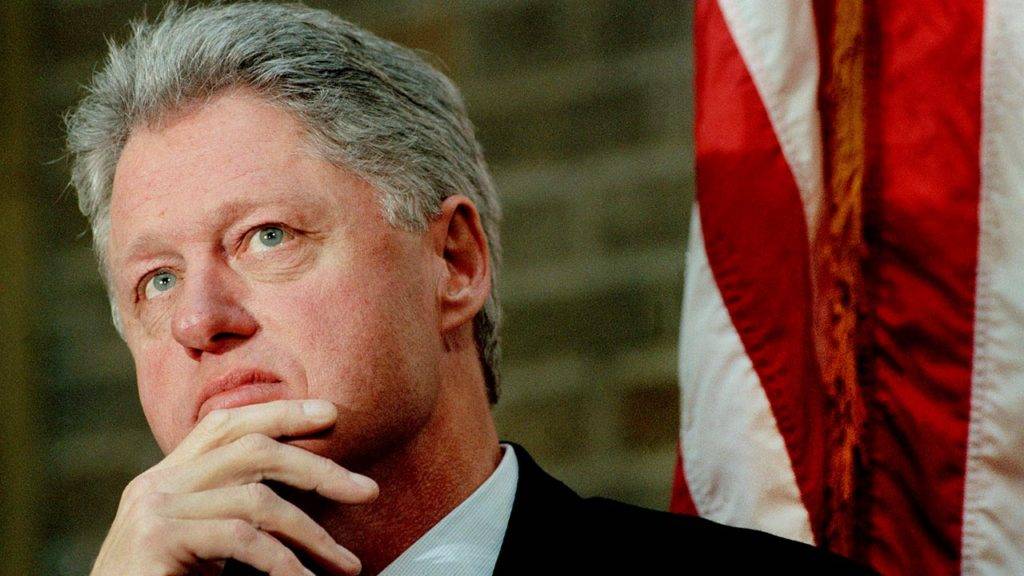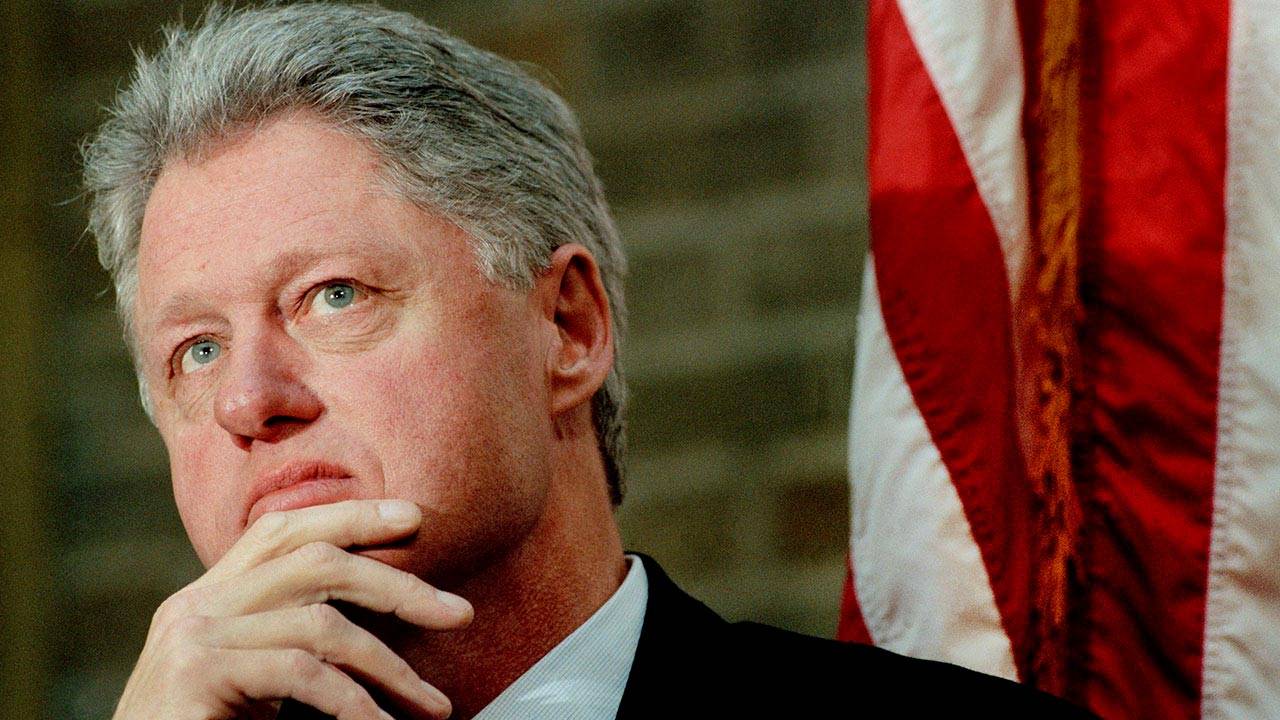What Does President Bill Clinton Impeachment Trial Reflect About Modern U.S. Politics? The impeachment trial of President Bill Clinton in 1998 was a defining moment in modern U.S. politics. It was a highly publicized affair that divided the country along partisan lines and raised questions about the nature of politics and the quest for power. The proceedings stemmed from Clinton’s affair with a White House intern, Monica Lewinsky, and the subsequent allegations of perjury and obstruction of justice. Despite the impeachment, Clinton remained popular with the American people, and his presidency continued to be effective until the end.

Table: About President Bill Clinton
| President | Year Impeached | Charges | Outcome |
|---|---|---|---|
| Andrew Johnson | 1868 | Violation of the Tenure of Office Act | Acquitted |
| Bill Clinton | 1998 | Perjury and Obstruction of Justice | Acquitted |
| Donald Trump | 2019 | Abuse of Power and Obstruction of Congress | Acquitted |
What Does President Bill Clinton Impeachment Trial Reflect About Modern U.S. Politics?
The impeachment of President Bill Clinton in 1998 reflects the deeply polarized nature of modern U.S. politics, where even the highest office in the land is subject to intense scrutiny and partisan fighting. The impeachment proceedings, which stemmed from Clinton’s affair with a White House intern, Monica Lewinsky, were highly publicized and divided the country along political lines.
Clinton’s impeachment trial was a reflection of the growing partisan divide in the country and the increasing willingness of politicians to use any means necessary to advance their agenda. It was a reminder that politics can be a dirty business, and that the truth often gets lost in the quest for power.
Who Ran Against Bill Clinton?
Bill Clinton was first elected to the presidency in 1992, defeating incumbent George H.W. Bush. In his 1996 re-election campaign, he faced Republican nominee Bob Dole, a longtime senator from Kansas. Clinton won re-election in a landslide, capturing 379 electoral votes to Dole’s 159.
Why Was Clinton Impeached?
Bill Clinton was impeached by the House of Representatives on December 19, 1998, on two charges: perjury and obstruction of justice. The charges stemmed from Clinton’s affair with Monica Lewinsky, a White House intern. Clinton had lied under oath about the affair during a deposition in a sexual harassment lawsuit brought against him by Paula Jones, a former Arkansas state employee. He was also accused of encouraging Lewinsky to lie under oath and of attempting to conceal evidence.
The Senate trial that followed ended in February 1999, with Clinton’s acquittal on both charges.
Despite the impeachment proceedings, Clinton’s approval ratings remained high throughout the ordeal, and he continued to govern effectively during his final two years in office.
FAQs:
- Was Bill Clinton the only president to be impeached?
No, Andrew Johnson and Donald Trump were also impeached. However, all three were acquitted by the Senate. - What was the outcome of Bill Clinton’s impeachment trial? Clinton was acquitted by the Senate on both charges: perjury and obstruction of justice.
- Did the impeachment proceedings against Bill Clinton affect his approval ratings?
Initially, Clinton’s approval ratings did suffer, but they rebounded quickly and remained high throughout the rest of his presidency. - Who was Monica Lewinsky?
Monica Lewinsky was a White House intern with whom Bill Clinton had an affair during his second term in office. The affair led to Clinton’s impeachment. - How did the impeachment of Bill Clinton reflect modern U.S. politics?
The impeachment of Bill Clinton reflected the deeply partisan nature of modern U.S. politics, where even the highest office in the land is subject to intense scrutiny and partisan fighting.






